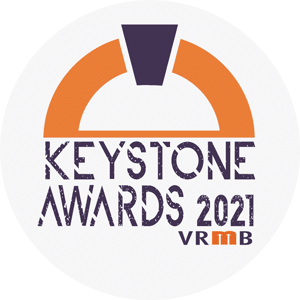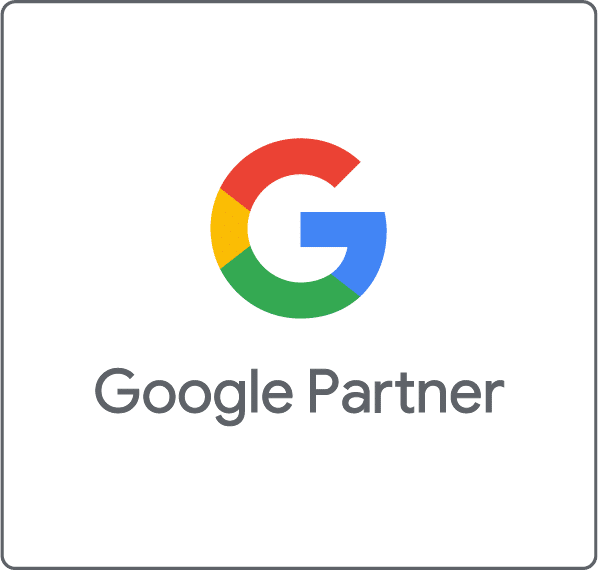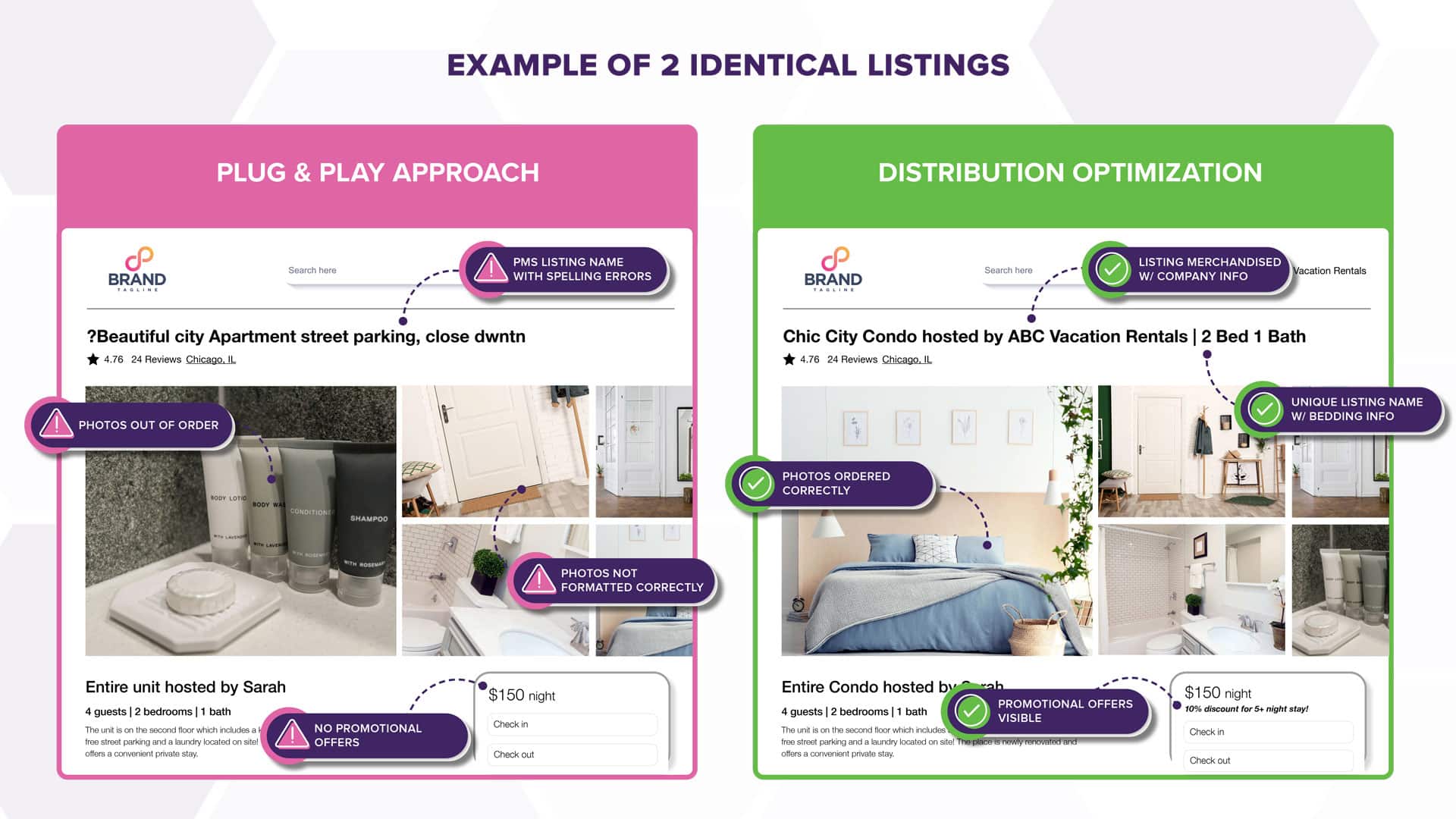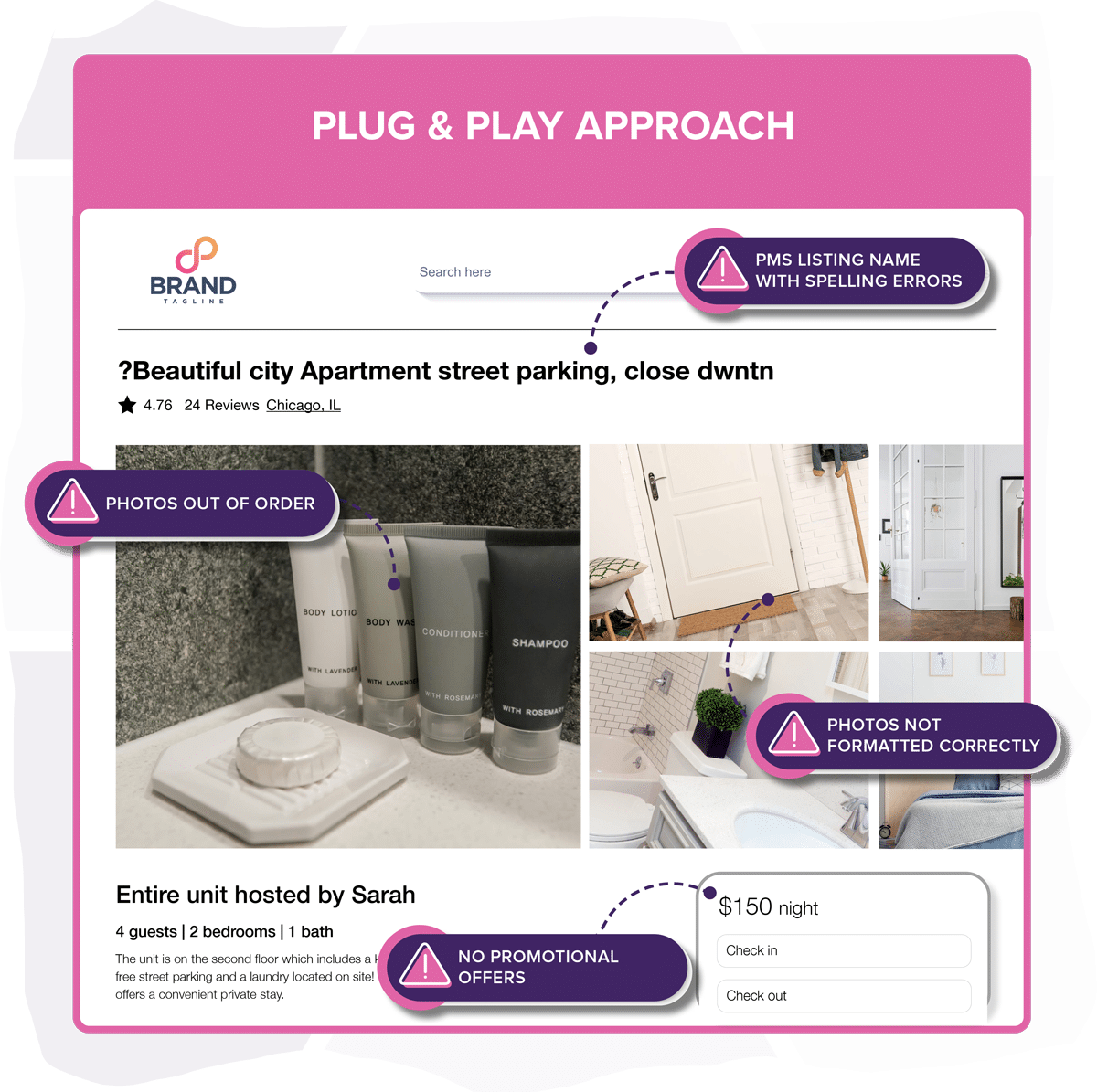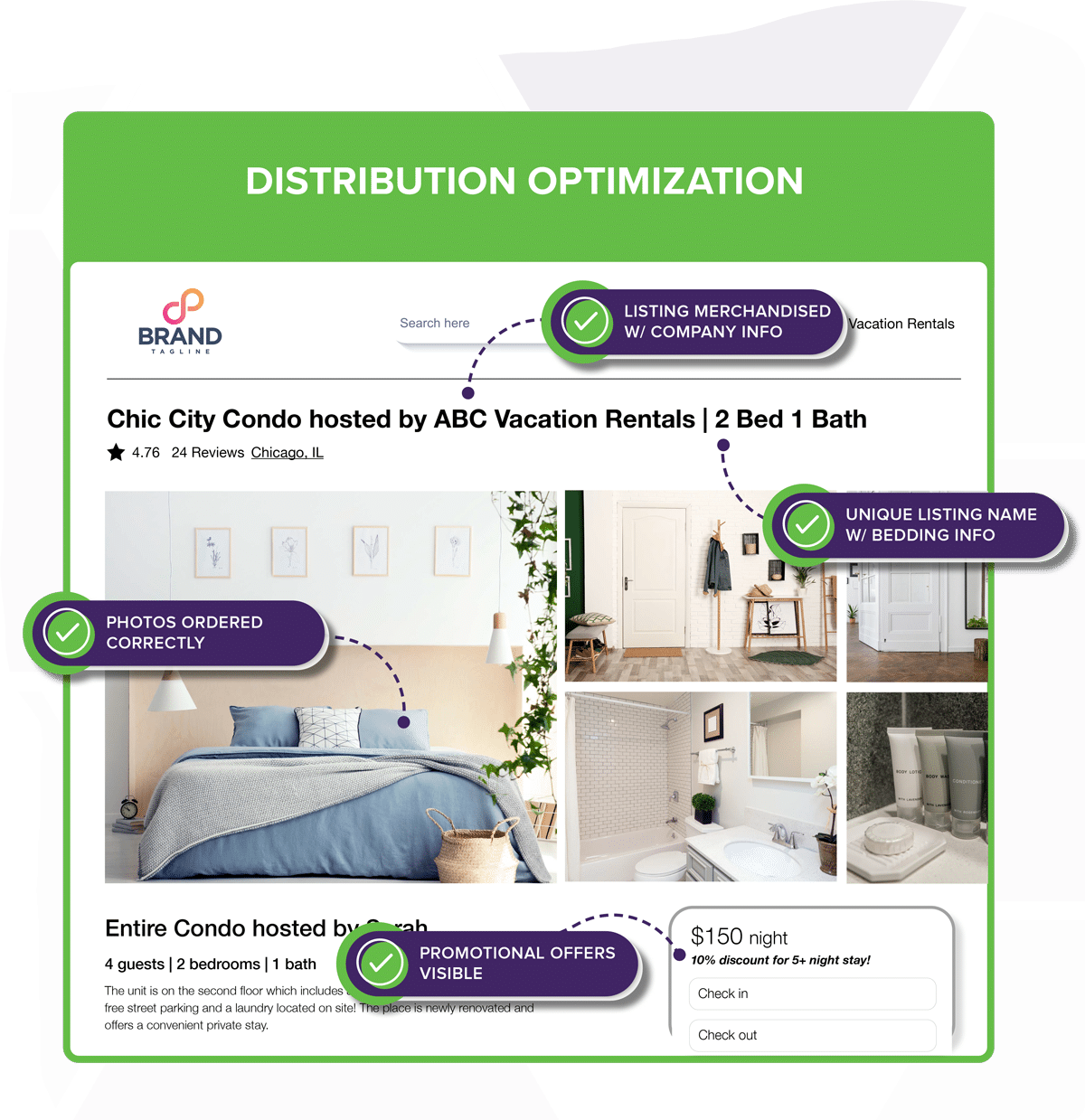Manage Embedded OTA Fees Without Exasperating Your Guests
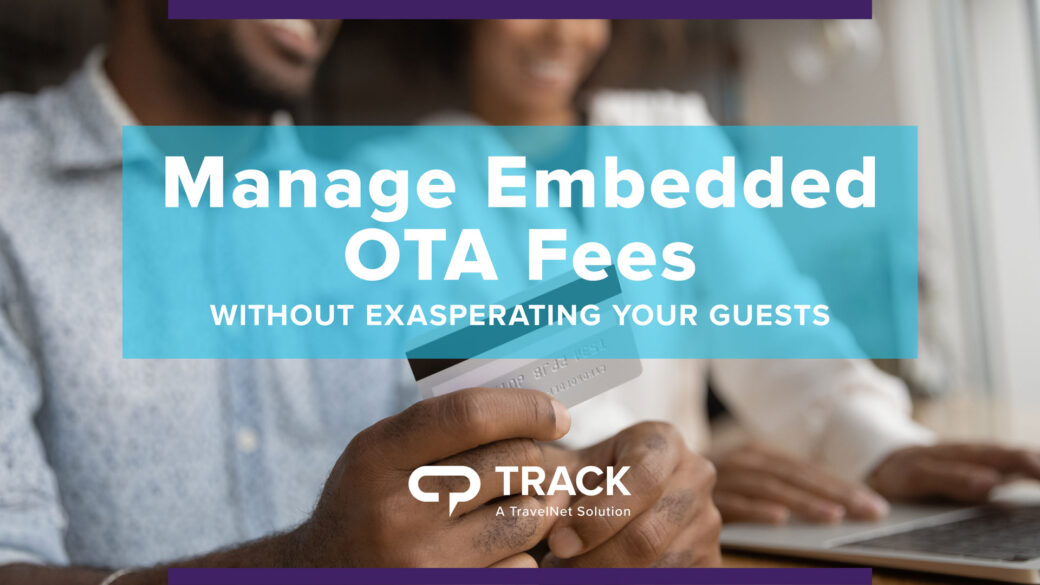
Managing fees on online travel agencies (OTAs) can be a real headache for property managers. You’re faced with the challenge of competitive pricing, but you’re torn between simplified guest pricing or itemized guest pricing with a lower rent charge. You also need to cover your expenses—from commission rates to housekeeping. But nothing makes potential guests crazier than finding hidden fees tacked onto their bill after they’ve hit the “book” button.
Plus, added fees are going up. According to a new Forbes report, Airbnb customers in summer 2023 face a whopping average of 36% in added charges above the nightly rate, and the same is probably true for other OTAs.
So, today’s challenge is: how do you cover your costs, stay competitive, and not make your guests feel they’re being gouged?
Types of Add-On Fees: For Hosts and Guests
Host Commission
Whether you are paying an annual subscription fee or a commission per booking, these fees need to be factored into your pricing. While OTAs charge a specific percentage on bookings, the advantage of using their marketing muscle means more bookings and occupancy. But, because each OTA configures its rate differently, really pay attention when you sign the contract.
Damage Deposit
Airbnb: No damage fee for hosts! Airbnb’s Host Damage Protection, part of AirCover for Hosts, provides up to $3 million in coverage for hosts in case of guest-caused damage. It covers damage to property, belongings, and vehicles, as well as unexpected cleaning costs. Hosts can’t charge guests a security deposit through Airbnb, except for those using API-connected software. And guests are informed that their payment method may be charged for damages. For more details, visit the policy page.
Vrbo: Hosts are allowed to require a refundable damage deposit or request credit card information to cover potential damages during the stay. Also, at no additional cost, Vrbo provides $1M liability insurance for owners and property managers provided the reservation is booked through the platform.The policy covers guests’ accidental injury on your property or the accidental damage of property by a third party. It doesn’t cover damage when caused by the guest so it’s best to research a business insurance policy that covers that possibility.
Guest Services
Airbnb: There are two options for fees—split with the guest and host-only. In the split-charge, guests pay about 14.2% of booking before taxes, host pays 3%, though the rate is higher for listings in Italy or hosts with Super Strict cancellation policies. This fee is calculated from the booking subtotal (nightly rate + cleaning fee + additional guest fee, if applicable—excluding Airbnb fees and taxes) and is automatically deducted from the host payout.
Vrbo: The service fee, which hosts can’t discount or waive, is a varying percentage of the total amount of the reservation, excluding taxes and refundable fees paid by the guest. Generally, the higher the reservation amount, the lower the percentage. This fee helps cover the cost of secure transactions, product development, and 24/7 customer service.
Cleaning
Cleaning is an essential component of maintenance, particularly in the wake of the pandemic, where hygiene has become a top priority. As a result, businesses have implemented stringent cleaning protocols, leading to increased labor costs. But according to AirDNA (as cited in Forbes), not all properties listed in Airbnb and Vrbo charge cleaning fees. (In the US, 15% don’t; in the UK, it’s more like 50%.)
The cost of cleaning services depends on your location and the size of the unit; average cleaning fees for 2023 range from 4% to 20% of the nightly rate. And check out where your region stands. Forbes says Phoenix (15%), Atlanta (12%), and Orlando (12%) have the highest average cleaning fees as a percentage of the subtotal.
Airbnb: The average Airbnb cleaning fee is $32 per night, representing about 11% of the total. [Forbes]
Vrbo: Most properties charge a cleaning fee, ranging from $30-$200, depending on the location, size of the property, and the cleaner’s rates. Cleaning fees could include basic cleaning, laundering linens, restock amenities, and general upkeep.
Pets
If you are a pet-friendly property, consider charging an additional fee to cover the extra cleaning that will be required. Fees can range from $10 to $50, depending on the kind and number of animals.
Restocking
Some PMs ask for a fee to restock guest supplies between stays. The size of the fee varies depending on the specific supplies.
Extra amenities
Maintaining lawns, pools, and other outdoor accouterments can get pricey. Many project managers ask for additional fees to cover costs, such as pools ($135-$185/month) and hot tubs ($25-$150/month).
Booking through a property management software
Vrbo: If you use property management software to manage your listings, you’re charged a 5% booking fee. If the reservation is sourced at its site and the booking was not booked through its check-out flow, you’ll be charged a 10% booking fee. The fee is calculated on the rental amount and mandatory fees, excluding taxes and refundable damage deposits.
Taxes
Airbnb: When collecting tax, inform guests of the exact amount before booking. Some Airbnb hosts have a collect and remit feature for occupancy tax so avoid separately collecting occupancy taxes for those jurisdictions. If you provided your business tax ID and tourist tax registration info, you can collect taxes directly from guests using professional hosting tools. If automatic tax collection isn’t available, manually collect occupancy taxes through a special offer or Airbnb’s Resolution Center. More info here.
Vrbo. According to the OTA, the host is entirely responsible for collecting and remitting lodging taxes when Vrbo is not liable to do so. In some areas, tax authorities (city, county, state and/or country) may impose additional taxes that aren’t being collected and remitted by Vrbo. Also, under other circumstances, such as using an external software integrated with Vrbo, you’ll need to calculate taxes yourself; review all those conditions here. You’ll also find helpful articles on various facets of charging taxes.
Guests Get More Transparency
In recent years, guests have been making a loud enough clamor about hidden fees that at the end of 2022 Airbnb made it possible to preview the full nightly cost of a rental with and without taxes. Guests can now also search by total cost (including cleaning and service fees) rather than just the nightly base rate.
On the contrary, Vrbo’s nightly rate still excludes cleaning and service fees, which guests can view only after clicking “Book Now.” This makes budgeting tricky for guests because they can’t filter by service or cleaning fee rates.
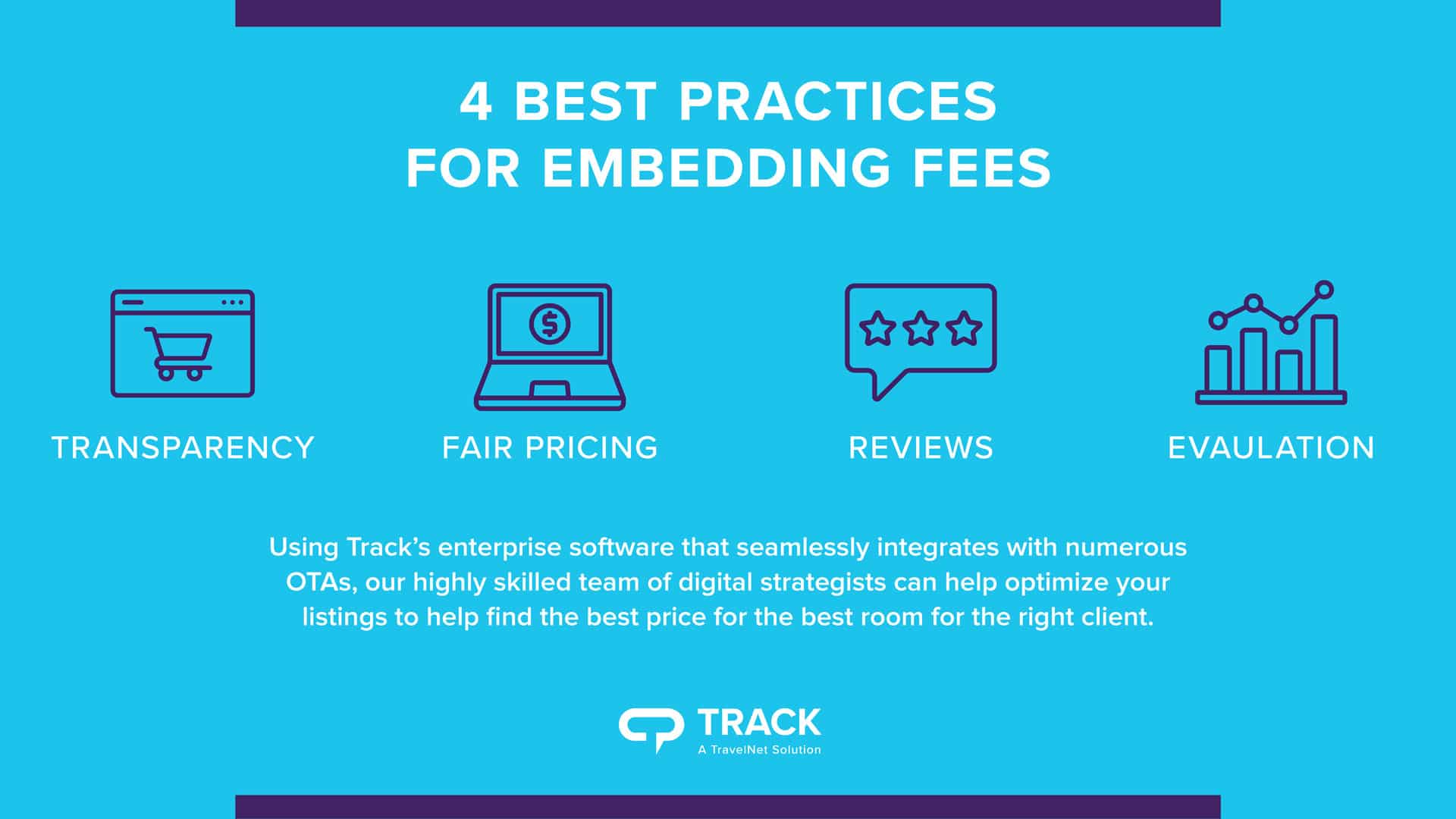
4 Best Practices for Embedding Fees
Transparency: Give guests a clear and detailed description of each fee during the booking process. Briefly mention the various costs involved in running a short-term rental like property maintenance, insurance, guest services, and any other extras you provide for their comfort. This can help guests understand the rationale behind the fees and appreciate the value you’re giving them.
Fair Pricing. Align your cleaning fees to the length of the stay. Because guests are used to searching and comparing, they will notice if the fee is too high for a short stay. Unfair pricing doesn’t engender trust.
Prioritize Reviews. Good reviews from happy guests often can diminish the sting of added fees. Maintaining a high level of service will inspire satisfied guests to make the extra effort to post a positive review. And make sure to respond to all reviews. This increases your ranking on OTAs.
Continuous Evaluation: Regular review of your OTA fee structures can help you stay competitive and fair. Also, staying on top of prices for goods and labor is essential for making sure your rates cover your expenses. Finally, stay aware of market trends and adjust fees when necessary.
Track can help you manage your fees
If you’re feeling overwhelmed from balancing all these fees and expenses, you’re not alone. In 2023 and beyond, unpredictable supply chains, skyrocketing inflation, and fluctuating consumer behavior will require property managers to become even savvier in managing revenue and dynamic pricing while considering all the variables. And it shouldn’t involve guessing.
Using Track’s enterprise software that seamlessly integrates with numerous OTAs, our highly skilled team of digital strategists can help optimize your listings to find the best price for the best room for the right client, no matter what OTA you’re on or whether you’re in-season or off. And especially, no matter what fees are tacked on!
Want to dig deeper into how Track handles embedded fees? Request a demo and let us show you.


